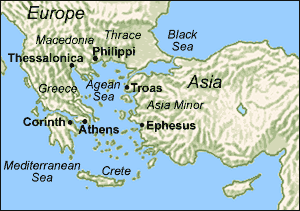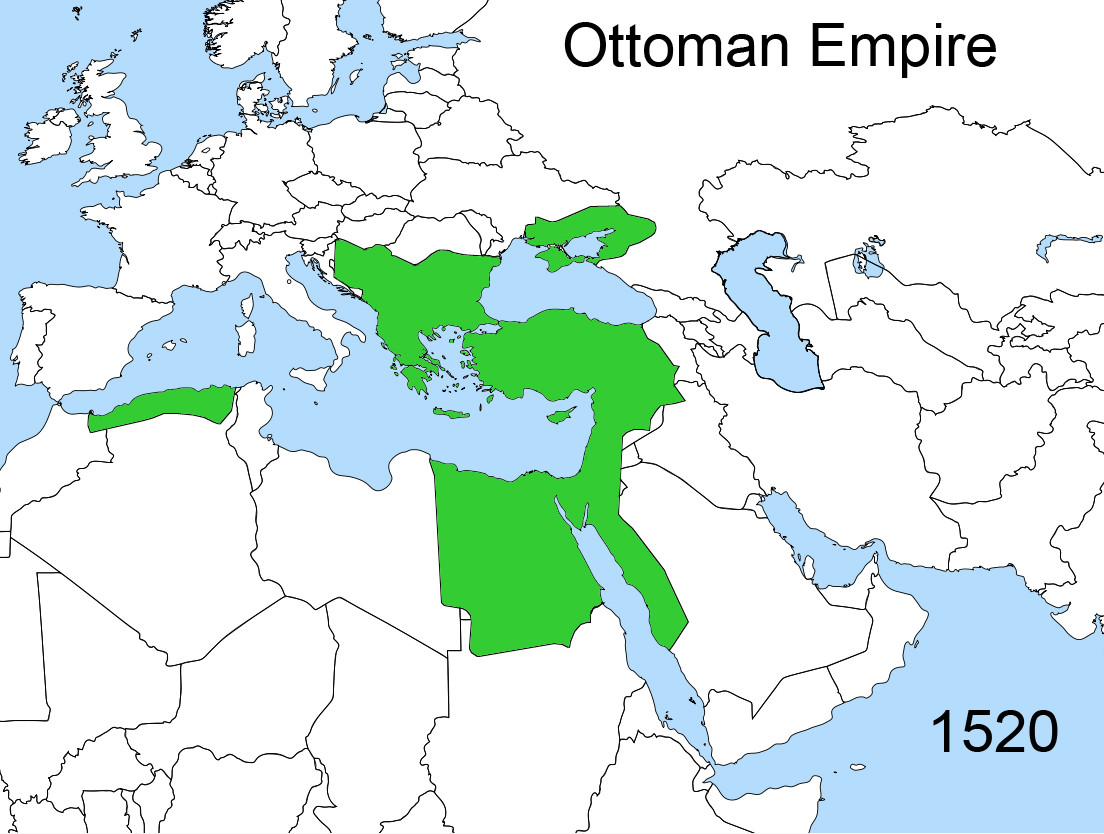I've been googling for answers on why Philippi was abandoned - most think it has something to do with the Ottoman conquest, but why would they abandon a city near the water?
-
5You need to flesh this question out, adding things such as when the abandonment happened, and maybe a source that talks about it.– SpencerCommented Sep 30, 2017 at 20:14
-
5Amazing resource on the city ARCHAEOLOGICAL SITE OF PHILIPPI (Note this is a sizable pdf). And I still haven't found an answer here. Good Question (Probably not a Stupid Question).– justCalCommented Sep 30, 2017 at 23:39
-
1Quoting the wikipedia article linked in the original post: "The city was abandoned at an unknown date, but when the French traveller Pierre Belon visited it in the 16th century, there were nothing but ruins, used by the Turks as a quarry." This seems to suggest that the circumstances of abandonment are not known and that there are no direct sources about it. If you care to speculate, consider that the region (incl Neapolis and Saloniki) was captured by the Ottomans a full 70 years before they took nearby Constantinople. This would make the region appear politically unstable during this period.– 0rangeCommented Oct 27, 2017 at 16:58
2 Answers
Why would the Ottomans abandon a city which was so important and beautiful under the early Christians, and then fortified by Bulgarians, Bizantians, Franks(Crusaders), and Serbs? As you say an once important Port City on the Aegean..
Because:
- It was no longer a city, much less an important one.
- Every group who had taken Philippi had reason to fortify it.
- The Ottomans simple had no such reason.
It was no longer a city, much less an important one.
Already weakened by the Slavic invasions at the end of the 6th century, which ruined the agrarian economy of Macedonia and probably also by the Plague of Justinian in 547, the city was almost totally destroyed by an earthquake around 619, from which it never recovered.
So while it was once an important Roman, and historic early Christian city. It really stopped being a "city" due to plague and an Earth Quake. Then it was abandoned for hundreds of years.
There was a small amount of activity there in the 7th century, but the > city was now hardly more than a village.
Every group who had taken Philippi had reason to fortify it..
in 838 the city was taken by the Bulgarians under kavhan Isbul. A southern boarder, an Aegean Port. The Bulgarians were loaded with Black Sea ports but they could be easily blocked from the Dardanelles. Philippii was on their boarder with Byzantium, and could be one of their few ports in east of the Greek horn.
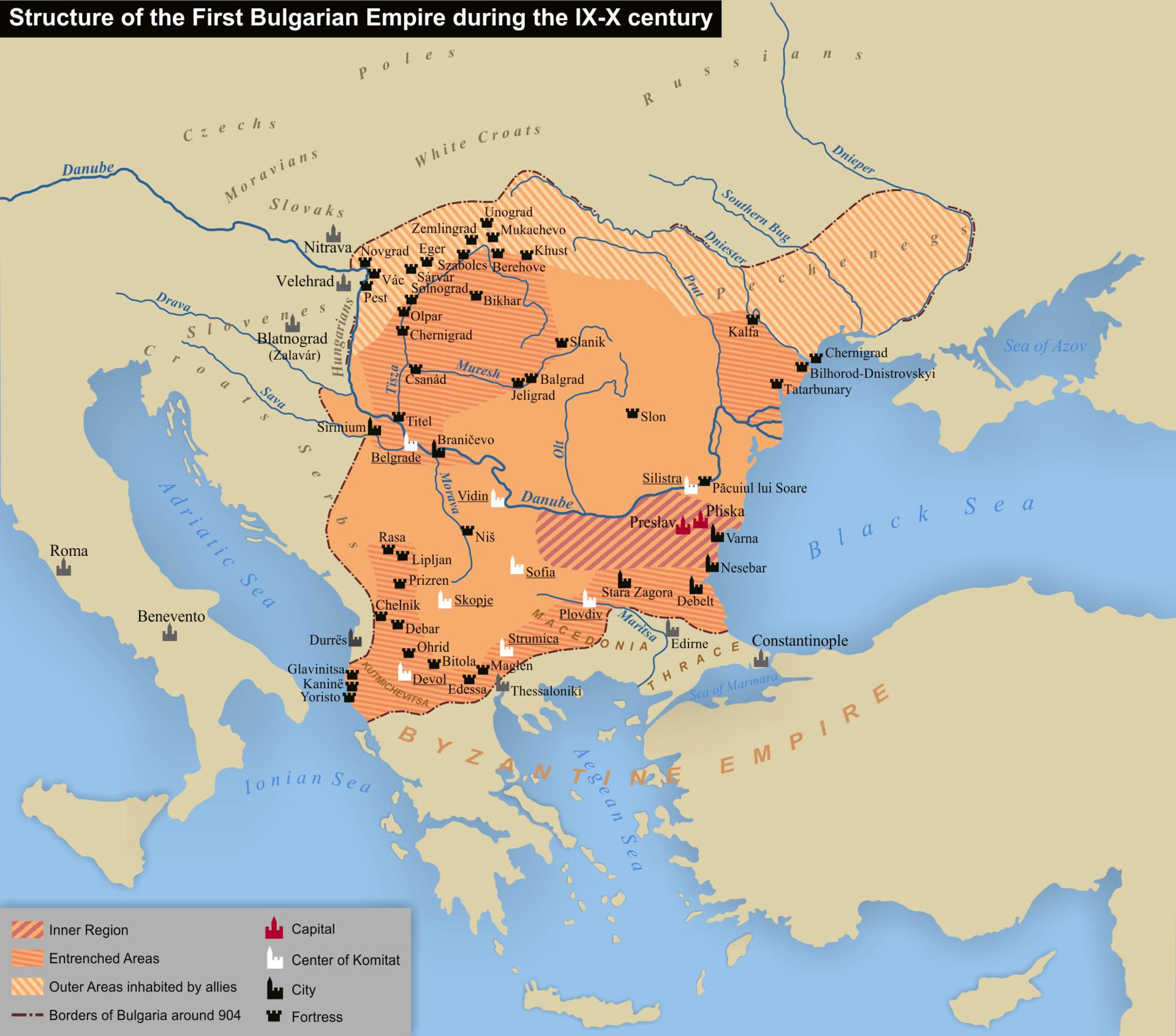
Around 969, the Byzantium Emperor Nicephorus II Phocas rebuilt the fortifications on the acropolis and in part of the city. The Byzantium Empire was under serious threat and contracting. Building a fortress on strategic lands between two of their strong enclaves makes sense.
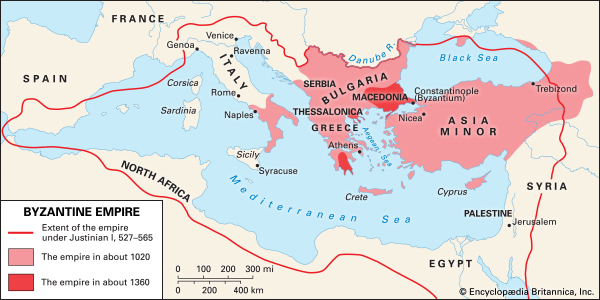
The "city" was sacked by Franks, Crusaders in 1204. because as it was on their rout to the holy lands and the ME. The Crusaders even sacked the Christian city of Constantinople that year. They didn't hold it long.
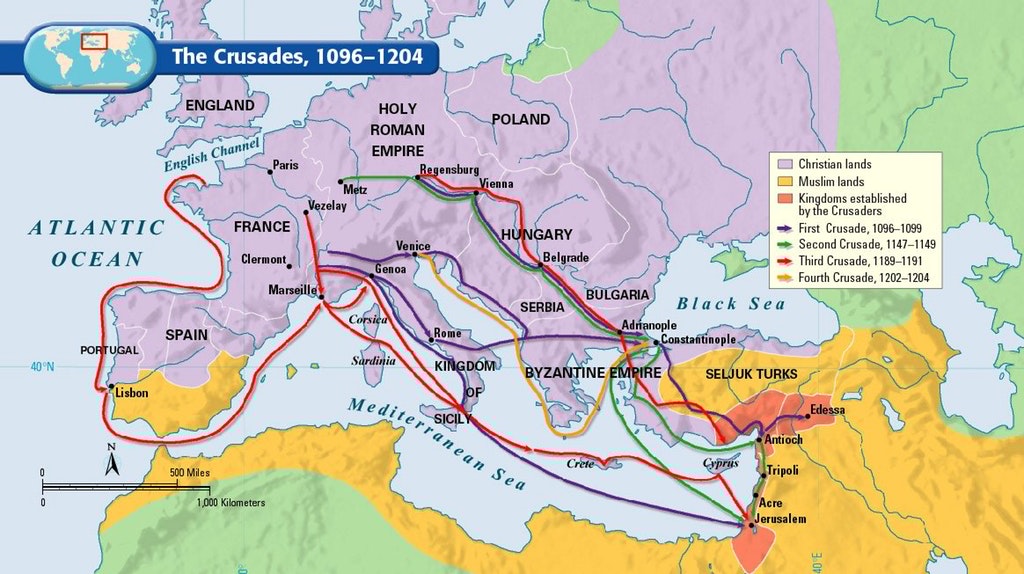
The "city" was then captured by the Serbs also understandable as it was on their frontier and would have been a strategic port on the Aegean Sea, even threatening the Dardanelles. It was also on the Via Egnatia, an ancient Roman road which connected Albania to Turkey. Which also would have made it worth holding.
[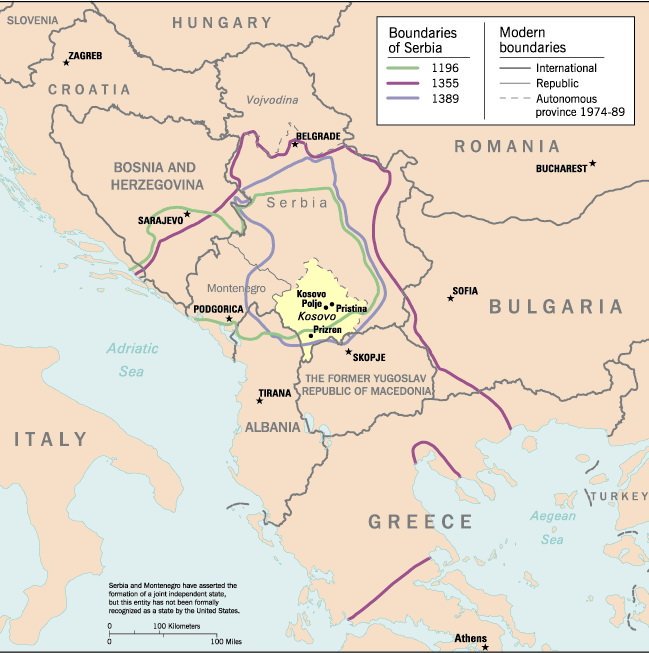
The Ottomans simple had no reason to fortify a place in the middle of their empire.
- The Philippi fortification was not on the Ottoman Frontier.
- They were Moslems so they had no religious reason for trying to stay there. (site of first Christian church in Europe, Paul, etc..
- The "city" was long gone ceasing 600 years earlier in the great earthquake.
- The Ottomans didn't need another city on the Aegean because the Aegean was already an Ottoman swimming pool.
I don't have a specific answer as to why the centuries old city of Philippi was "abandoned". One possible explanation may have to do with its neighboring city of Kavala and how this important Northern Aegean seaside city may have experienced a population increase-(which may have been largely attributable to the irreversible population decline of Philippi).
During the Byzantine and Ottoman periods, the cities of Constantinople and Thessalonica were the most important cities in both Empires, in terms of Governance, Culture, Economy, military fortification-(as one can see from the City's large surrounding walls) and population size. The city of Kavala, which is located on the Macedonian-Thracian border area, is somewhat equidistant from both of these above mentioned historically imperial cities and is situated along the Via Egnatia.
The Via Egnatia was Northern Greece's version of Italy's Via Appia/(or "Apian Way"). The city of Kavala's direct access to the commercially valuable Via Egnatia, its near equidistance between Constantinople and Thessalonica, as well as its Northen Aegean seaside location, would have made it a fairly significant and highly populated city during the Byzantine and Ottoman periods.
(Incidentally, the city of Kavala, is surrounded by a massive Byzantine-Ottoman Aqueduct and during the Ottoman era the city of Kavala constructed one of the largest Madrassas and Cultural Centers during time of Mehmet Ali-(the Ottoman Pasha of Egypt). Today, the Imaret Madrassa and Cultural Center is a Greek Luxury Historical Hotel).
The emergence of Kavala during the latter Ancient periods, as well as during the Byzantine and Ottoman periods, probably eclipsed and obscured Philippi's once great legacy. Comparatively speaking, the somewhat remote city of Philippi, was becoming increasingly inconsequential and anachronistic when matched against a strategically valuable seaside neighboring city, such as Kavala, which was also situated along one of the most important trade routes in the Western world thereby making such a city...a likely hub for population growth and settlement.
(It should also be noted that part of Philippi's "abandonment" or decline, was also due to Slavic invasions during the 600's, which may have led to the residents of this centuries old city to relocate to neighboring Kavala and subsequently, helping to build this seaside city into an important Byzantine era trading locale).
The city of Kavala effectively reduced (and possibly helped depopulate), the centuries old city of Philippi....to ruins and archeological nostalgia.
